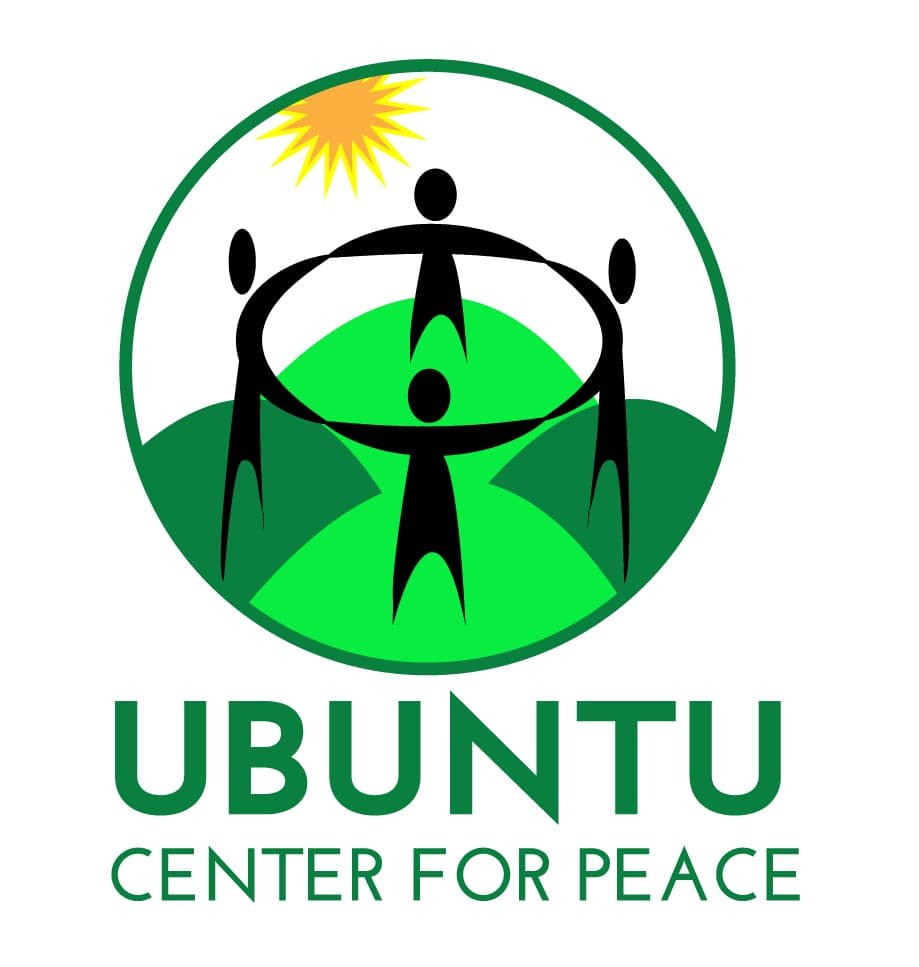What We Do
Program Overview
Ubuntu Center for Peace is working to bring people living with psychological traumas and common mental disorders- most of which result from genocide, mass killings, domestic and sexual violence, natural disasters, displacement and epidemics, to a more flourishing life. Our model is evidence-based, cost-effective and scalable to respond to one of the most challenging yet neglected global issue.
In fact, traumatic events are the main causes underlying most of common mental health disorders including Post-Traumatic Stress Disorders (PTSD), depression, anxiety, substance abuse and dependence, psychosomatic illnesses. Mental Health disorders affect wellbeing and cause misery. They account for 14% of the global diseases burden, mainly depression and anxiety disorders, predominantly in poor countries. Only 15% of people who need available treatment can access it because of stigma, poor healthcare systems and lack of funding, which is around 1% and 5% of the health budget respectively in Low- and Middle-Income Countries and rich countries. Associated lost production costs more than USD 1trillion.
In post-genocide Rwanda, over 2 million Rwandans i.e. 1 in 5 people in the general population are suffering from mental disorders predominantly from major depression, anxiety/panic disorders and Post-Traumatic Stress Disorders estimated respectively at 12%, 8.1% and 3.6%. The economic cost of mental health problems is vast, while reasonable investment in mental health can contribute to better mental health for people. “…Poor mental health is both a cause and a consequence of poverty, compromised education, gender inequality, ill-health, violence and other global challenges. It impedes the individual’s capacity to work productively, realize their potential and make a contribution to their community”. Therefore, addressing mental disorders contributes to the reduction of poverty by improving the work productivity, sexual and gender violence and inequality and the improvement of children’s education-one of their fundamental rights to be protected- by improving their school attendance and care at home.
Therefore, our trauma healing and mental health work intersects with and addresses:
Sexual and Gender-based Violence program
Child Protection and Positive Parenting program
Our trauma healing and mental health work programmatic focus includes:
Community-based mental health and trauma healing
Maternal Mental Health
Youth mental health program both in the community and school settings

